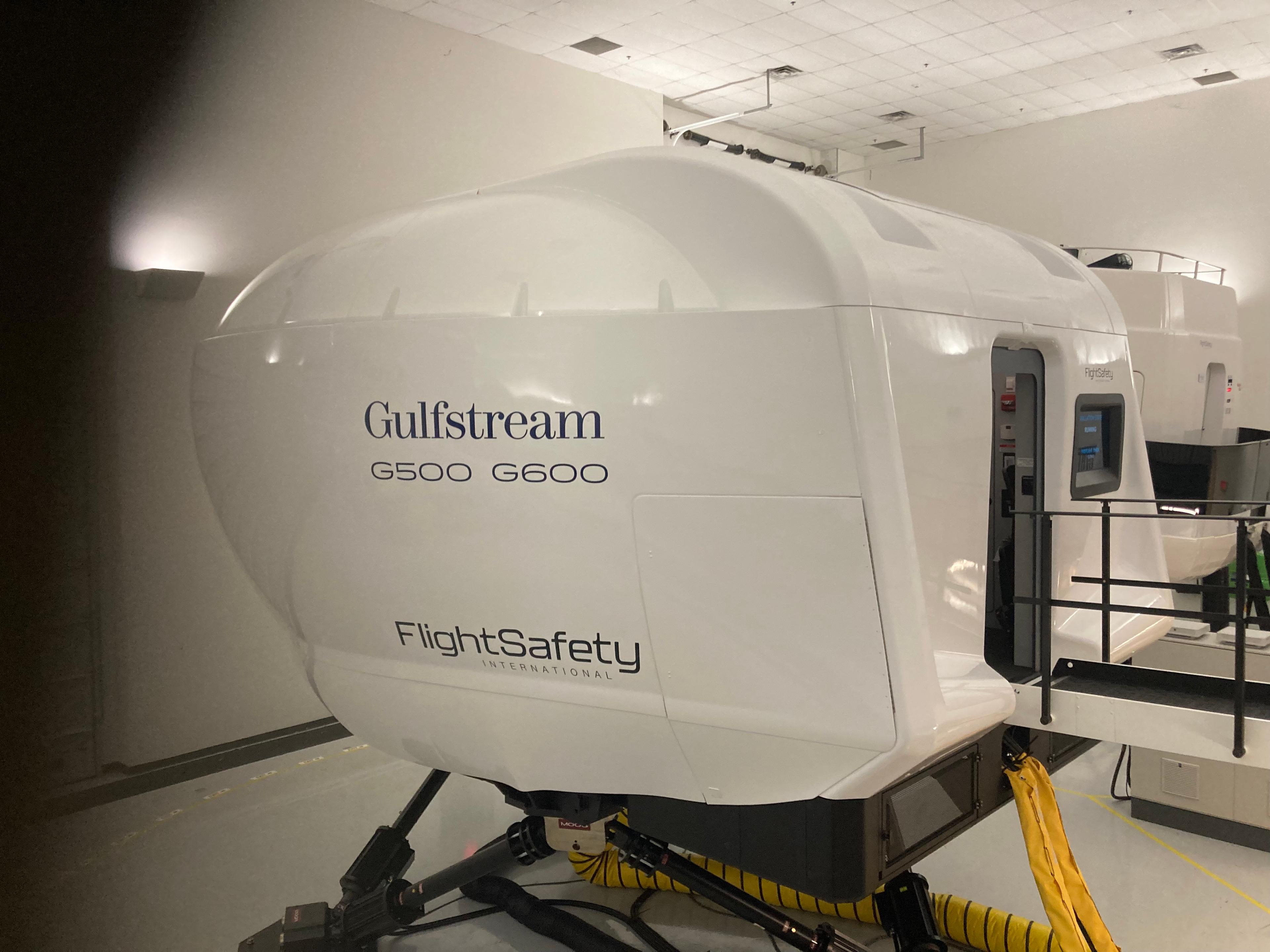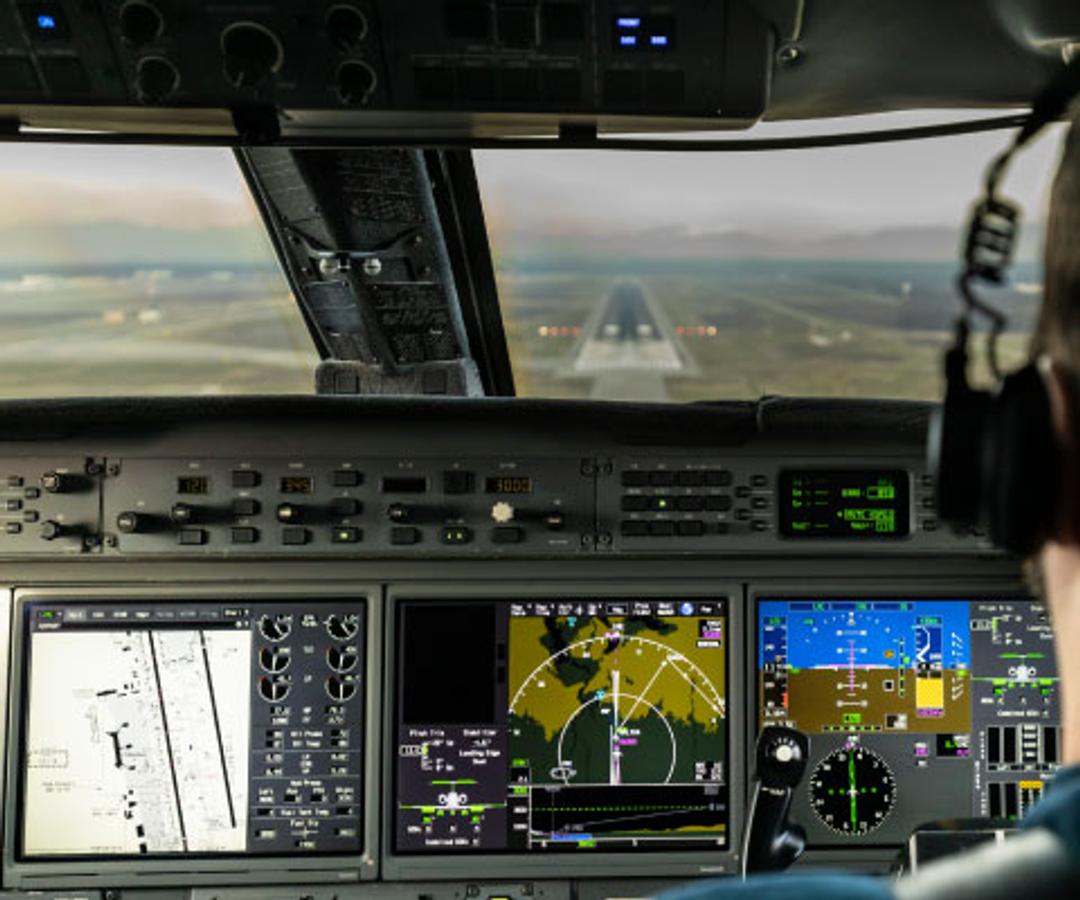

Recurrent training is a vital part of a pilot's career, ensuring skills remain sharp and up-to-date with the latest procedures and regulations. It can be a stressful time, but with the right preparation, you can navigate it smoothly and confidently. Here are some practical tips to help you get ready for your recurrent training:
1. Review Your Aircraft’s Systems and Procedures
Before heading into recurrent training, take time to thoroughly review your aircraft's systems and procedures. Familiarize yourself with the aircraft manual, checklists, and any recent updates or changes. Understanding every system's intricacies and their interactions can make a significant difference in your performance during training.
2. Study Limitations and Memory Items
A thorough understanding of your aircraft’s limitations and memory items is crucial for safe and efficient operation. Spend time memorizing key limitations such as speeds, weights, and operational parameters. Ensure you know memory items by heart, as these will often be tested during training and are essential for handling emergency situations effectively.
3. Study Recent Changes and Updates
Regulations and procedures can change frequently. Ensure you are up-to-date with any new information relevant to your aircraft and operations. Check for updates from the FAA, your airline, or any relevant governing body. Knowing the latest procedures will not only help you in training but also enhance your overall safety and efficiency as a pilot.
4. Refresh Your Emergency Procedures
Emergency procedures are a critical part of recurrent training. Spend extra time reviewing and practicing these procedures, as they are often a focus during evaluations. Simulating emergency scenarios and mentally rehearsing your actions can improve your response time and confidence.
5. Stay Physically and Mentally Fit
Your physical and mental state greatly affects your performance. Ensure you are well-rested, eat healthily, and maintain a regular exercise routine. Practice stress-relief techniques such as meditation or deep breathing exercises to keep your mind calm and focused.
6. Practice Crew Resource Management (CRM)
Recurrent training often includes CRM exercises to evaluate how well you work with your crew. Practice effective communication, decision-making, and teamwork. Understanding and respecting the roles of each crew member can enhance overall performance and safety.
7. Seek Feedback from Colleagues
Talking to colleagues who have recently completed their recurrent training can provide valuable insights and tips. They can share their experiences, highlight common pitfalls, and offer advice on how to best prepare. Learning from others’ experiences can help you avoid similar mistakes and improve your own performance.
8. Use a Structured Study Plan
Create a structured study plan leading up to your recurrent training. Allocate specific times for different subjects, systems, and procedures. A systematic approach ensures you cover all necessary material and prevents last-minute cramming.
9. Stay Positive and Confident
Maintaining a positive attitude and confidence in your abilities is crucial. Remind yourself of your past successes and experience. Approach recurrent training as an opportunity to improve and refine your skills rather than a daunting test.
10. Ask Questions and Seek Clarification
If there are areas you are unsure about, don’t hesitate to ask questions. Instructors and trainers are there to help you succeed. Seeking clarification and understanding every detail will not only help you during training but also in your everyday flying duties.10
Recurrent training is an essential part of a pilot’s professional development. With thorough preparation, a positive mindset, and a focus on continuous improvement, you can approach your training confidently and successfully. Remember, recurrent training is not just a requirement—it’s an opportunity to enhance your skills, ensure safety, and excel in your aviation career.
By following these tips, you can make your recurrent training experience smoother and more productive. Fly safe and stay prepared!
For more tips and resources on advancing your pilot career, visit Bizjetjobs.com and explore our extensive job listings and career advice.
BizJetJobs.com has a helpful youtube channel with some videos walking you through tips on how to get the most out of our site.
Happy flying!
Not a member yet? Register for an account today to join us!





